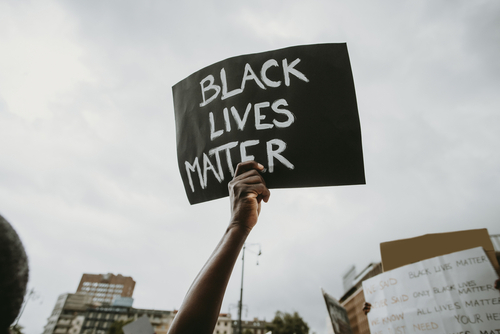Singapore executed an intellectually disabled Malaysian man convicted of drug trafficking on Wednesday after a court dismissed his family’s last legal challenge.
Nagaenthran K Dharmalingam, 34, was convicted and given the death penalty in 2010 after being arrested for bringing 43 kg of heroin into the country a year earlier.
On death row for more than a decade, Dharmalingam’s death was confirmed by his sister, Sarmila Dharmalingam, when she told French international agency AFP that her brother had been executed in the early hours on Wednesday. According to the family, they are now waiting to take him to be buried in his hometown of Ipho, Malaysia.
Dharmalingam’s mother, Panchalai Supermaniam, attempted to put a stop to the sentence by filing a legal challenge on Monday. A day later, however, the court dismissed her motion accusing the chief justice of giving her son an unfair trial due to the fact that he was the attorney general when Dharmalingam was convicted, clearing the way for the carrying out of his execution.
Throughout the case, Dharmalingam’s lawyer argued that his client didn’t have the mental capacity to understand what he was doing. In his testimonies, Dharmalingam himself said that he was coerced into carrying the package into Singapore.
According to the last appeal filed by his lawyer, since his IQ was assessed to be 69, Dharmalingam was considered intellectually disabled and the execution of intellectually disabled people is forbidden under international human law.
The Singapore courts however dismissed the claim last month. In court documents, Chief Justice Sundaresh Menon called the case “baseless and without merit, both as a matter of fact and as a law.”
Dharmalingam’s trial garnered global attention and support as the U.N. rights office and British billionaire tycoon Richard Branson joined human rights activists and Malaysia’s Prime Minister Ismail Sabri Yaakob in support of Dharmalingam before his execution.
A group of close to 300 supporters of Dharmalingam also gathered in a Singapore park on Monday to hold a candlelight vigil to protest the execution, according to Reuters.
Following his execution, Reprieve, an anti-death penalty group who worked to grant Dharmalingam a pardon, paid tribute to him.
“Our thoughts are with Nagen’s family, who never stopped fighting for him; their pain is unimaginable,” said the director of Reprieve, Maya Foa, in a statement. “Hanging an intellectually disabled man because he was coerced into carrying less than 3 tablespoons of diamorphine is unjustified.”
Singapore recently resumed executions in March after the COVID-19 pandemic forced them to go on a two-year pause. The country’s drug strict drug laws mean that anyone caught with 15 grams of heroin will be sentenced a mandatory death sentence under the Misuse of Drugs Act.
In recent years, after Dharmalingam’s case began, the law was changed to allow some of the convicts to avoid execution under certain conditions.
“Nagen’s [Dharmalingam] execution is a flagrant violation of international laws that Singapore chose to sign up to,” said Foa. “From rushed hearings to intimidation of Nagen’s lawyers, this case has laid bare Singaporean authorities’ hollow claims about affording due process. This is a broken system.”








